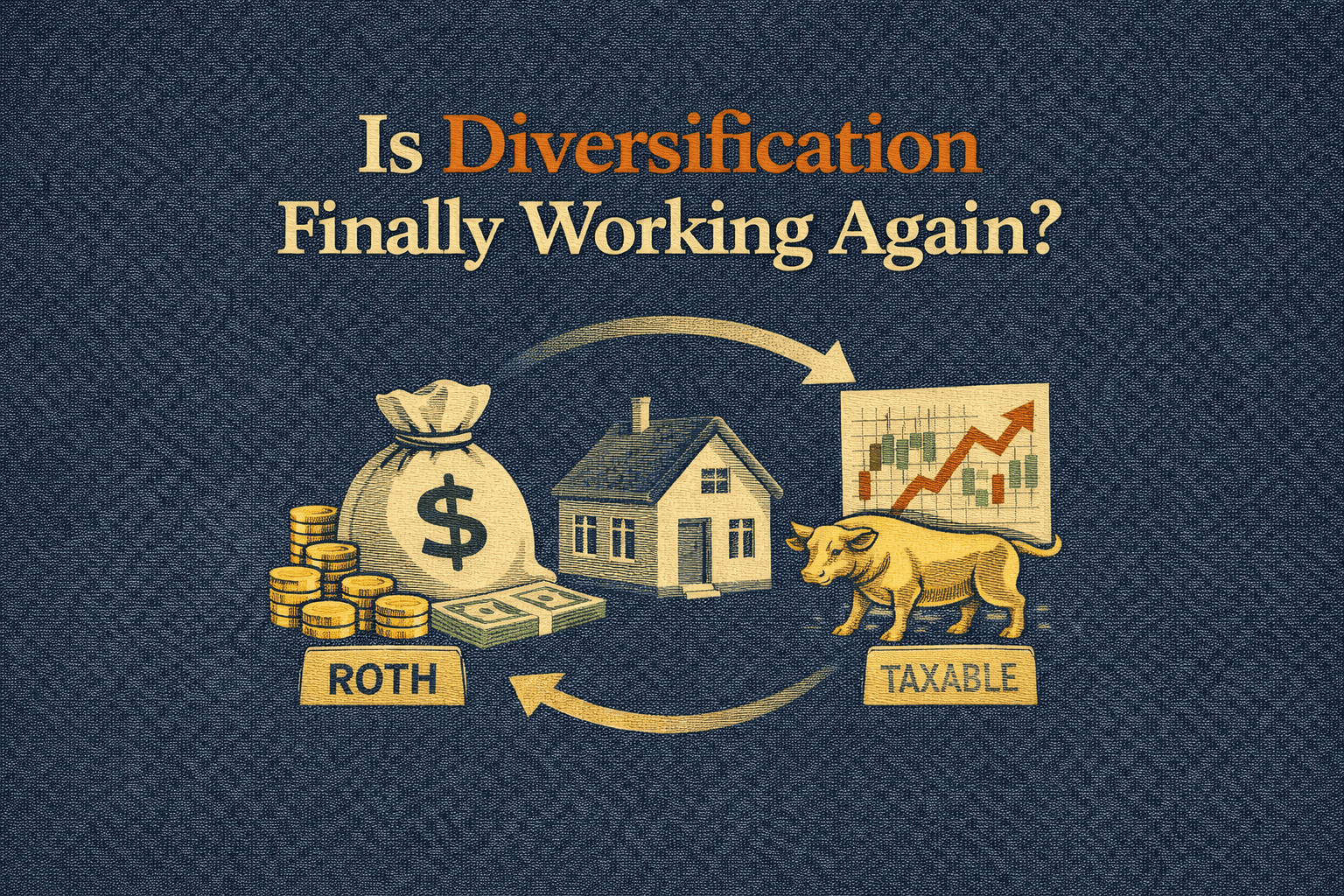Even in the earliest days of written history, the physician stood apart. The first doctors were not practitioners in clinics but thinkers on mountaintops. In ancient times, those who practiced medicine were often philosophers first. Empedocles, Galen, and Avicenna were all men who saw no contradiction between treating the body and healing the soul.
Hippocrates wrote of the four humors, yes, but also of temperance, ethics, and balance. The early physician was a thinker, a seeker, and a steward of the human condition. Back then, being a healer meant bearing a torch passed down by the gods; it was a sacred duty unlike any other.
And somehow, despite centuries of war, bureaucracy, and technological progress, that spiritual undercurrent is still with us today. We’ve dressed medicine up in lab coats and CPT codes, buried it under malpractice premiums and administrative fog, but the soul of the thing, that impossible alchemy between mind, science, and the spirit of service, refuses to die.
Many of us still carry that same metaphysical ache; a sense that this work is supposed to mean something more. That it has to mean something more. Because if not, what else would justify the sacrifice?
Physicians are not technicians. They are not vendors, providers, or a cog in the machine.
Physicians are custodians of human fragility, witnesses to the unraveling of life, and sometimes, to its resurrection.
Some of the most soul-searing words I’ve read in my life didn’t come from textbooks or treatises. They came from doctors writing under aliases, or no names at all, in comment sections that should never have had that much gravity.
These weren’t confessions. They were elegies, fractured memories, and letters from the trenches. Stories that, taken together, form something close to a spiritual autopsy of a profession that can heal the sick…but also break the healer.
Some of them are still seeing patients. Some left the clinic, but not the calling. Others left the calling but not the identity. And then there are those who never really left, but have been grieving their own departure in slow motion for years.
What binds them is not what they do, or did. It’s who they are. And who they’re becoming now.
Once a Doctor, Always a Doctor
Priests don’t retire. Neither do rabbis, nor monks, nor nuns. Their roles may change, the vestments may fade, but the calling endures. It shapes not only what they do, but who they are.
The same is true for physicians. When doctors retire, or worse, when they are driven out by burnout, betrayal, or bureaucracy, they don’t just leave medicine behind. They carry it with them in silence, and it often haunts them in their dreams.
Some find themselves still offering informal consults to neighbors, interpreting lab results for family, advising friends-of-friends on treatment options.
Others begin writing, teaching, or advocating. And a few, heartbreakingly, vanish into isolation, their identity stripped from them by an exit they did not plan and did not want.
Even those who put away their white coat for good often find themselves startled by the ways in which their mind, their instincts, their very reflexes remain trained on diagnosing, fixing, guarding.
A retired surgeon in a movie theater still scans for exits in case someone collapses. A pediatrician at her grandchild’s school play notices a rash no one else sees. They can’t help it. Even outside the hospital walls, many physicians walk into a room and feel the air shift. They instinctively take stock of the people, the risks, and the needs.
Whether in a church, an airport terminal, or a kindergarten classroom, something in them leans forward, watches over, and prepares.
That’s the unspoken truth of medical retirement. It isn’t retirement in the way most people understand it. You don’t flip a switch and return to some pre-medical self. That person, who you were for 20-odd years, is long gone. And in its place is someone who’s hard-wired to ensure safety wherever they go.
And yet, it’s that very sense of moral weight that erodes so many physicians over time.
The pressure to be right, out of sheer necessity, is relentless. “When a therapist misguides a patient, they don’t die. Ours do.” That statement is brutal, but true. There is no “good enough” when the margin for error is a human life.
A weatherman who’s right 40% of the time still gets to keep his job. A doctor with that rate would be called a public health crisis.
The Stories Behind the Silence
Last week, after this piece went live here on Physician on FIRE, something extraordinary occurred: the comments section filled with dozens of raw, unvarnished accounts.
Physicians of varying specialties, ages, and practice models stepped forward to speak not as clinicians, but as human beings who had been cracked open by the emotional weight of a lifetime in medicine.
Some had left their practices after disputes with hospital administrators. Others had decided that enough was enough with the pressure of RVUs, EMR quotas, or the dehumanizing metrics of corporate care.
And many simply aged out, not because their minds had dulled or their hands had failed, but because the system made no room for elders who wished to slow down, teach, or practice more humanely.
Yet not one of them spoke without grief. Not one of them described their exit with glee. Even those who had moved on to fulfilling second careers like writing, woodworking, farming, or finance carried a certain melancholia in their reflections. It was not regret exactly, but something adjacent. A sense that something sacred had been lost or, worse, discarded.
Leaving and Witnessing Those Who Enter
There’s a reason why so many doctors compare leaving medicine to a kind of death. It’s not melodrama. It’s the cognitive dissonance of waking up one morning and realizing that the very thing that structured your sense of time, value, and purpose is no longer yours.
You don’t belong to a hospital. You don’t have a pager. You may even forget what it’s like to be constantly referred to as “Doctor”.
And yet the lens through which you see the world hasn’t changed. You still assess restaurant servers for tremors. You still scan crowds for cyanosis, parse coughs in elevators, and catalog limp gaits on sidewalks. Your reflexes remain, even if your license has lapsed.
That’s because medicine is not an acquired identity; it’s a forged one. It is annealed over time, under heat, pressure, and through sacrifice.
You miss birthdays, anniversaries, and funerals alike. You endure humiliation during training and moral injury during practice. You memorize endless minutiae about human suffering, and then live among that suffering for decades.
There is no tidy way to lay all that down. And as you start to let go, you can’t help but look back, not only at who you were, but at those still becoming.
The residents, the med students, the idealists-in-white-coats. You feel something between pride and pity when you see them. Because you recognize the transformation in their eyes. You remember the way your own mentors watched you, silently, as you hardened into someone who could survive the realities of this system.
You want to warn them, you want to intervene. But you don’t, you can’t. Because you know that this metamorphosis, painful as it may be, is the very crucible that will shape them into doctors of modern-day America.
Without it, they won’t last. Yet, with it, they might never be the same.
The System That Forgot What Doctors Are
One of the most painful ironies in modern healthcare is that the very institutions built to support the practice of medicine often do the most to erode its soul.
Somewhere between profit margins and productivity benchmarks, the system forgot that doctors are not widgets in a factory. They are people – highly trained, deeply ethical, unusually self-sacrificing people – who require purpose to survive.
We’ve all heard the advice: “Take care of yourself.” But what if the job itself requires you to neglect yourself? What if caring too much is the problem, and numbing out is the only way to endure? What if the only exit strategy for some is to leave altogether, not out of self-preservation, but to save what little remains of their original idealism?
The most heartbreaking stories aren’t the ones where doctors leave medicine but the ones where they leave themselves.
But not all of them have to be sad stories. Sometimes, stepping back isn’t surrender, it’s a resurrection. And that’s when hobbies come in and save the day.
That is where the parts of you that once whittled driftwood into animals, painted watercolors of your kids, hiked every local trail, tied flies for fishing trips, played guitar in the basement, or taught Sunday school come roaring back to life.
Despite everything, many physicians do find ways to reclaim their sense of self after medicine.
Some begin teaching in universities or informal settings, and mentoring the next generation of healers in how not to lose themselves. Others write memoirs, op-eds, or novels, building new canons of literature informed by years at the bedside.
A few rediscover joy in healing animals, restoring furniture, running nonprofit clinics, or traveling to underserved communities. And many, simply by telling the truth (often anonymously), help other doctors realize they are not alone.
That is the story that isn’t simply about retiring from medicine, it’s the story of reclaiming everything else medicine once made you bury. It’s the story of remembering that you are more than a badge and a white coat. That there was a ‘you’ before this, and there still can be after.
What Medicine Owes Us
We are in desperate need of a new model, one that allows aging doctors to slow down without vanishing, to shift roles without shame, to be honored as elders rather than discarded as inefficiencies.
Imagine if hospitals had sabbaticals for senior physicians or created honorary teaching positions for retired clinicians.
Imagine if malpractice insurers offered grace periods or “mentorship licenses” that allowed late-career doctors to continue contributing without full liability burdens. Imagine if medical culture revered wisdom as much as it reveres productivity.
And while we’re imagining a better future, let’s also push back against the quiet dehumanization of titles that reduce people to their roles.
Let’s stop saying yes to everything out of fear and start saying no often enough to remember we are still human. We should be able to raise our kids, compete in triathlons, visit an ailing loved one out of state, not in spite of our career, but alongside it.
We often romanticize the sacrifice, but we rarely talk about the cost, although we really ought to. Because the problem is not the vacuum at the end. It’s that we create a vacuum from the very beginning and spend 30 to 40 years trying to pretend it doesn’t exist.
Physicians are stewards. But they are also humans. Spouses. Parents. Artists. Dreamers. And the medical profession must make room for all those identities to thrive.
The joy of a well-lived medical life is not found in metrics or milestones. It’s found in the richness of a full identity, one that is supported by medicine rather than swallowed up.
This profession can no longer afford to eat its young or bury its veterans in bureaucracy and guilt. Because those who give everything to this calling deserve something in return: the right to be whole. To be known. To be human.
Physicians as Philosophers
It’s no accident that so many physicians, when they finally step back, begin to sound like philosophers.
Freed from the tyranny of billing codes and inboxes, they return to the fundamental questions: What is suffering? What is healing? What is enough?
In this way, they echo their ancient forebears. Like Maimonides, who wrote both prescriptions and theological treatises. Like William Osler, who once said, “The good physician treats the disease; the great physician treats the patient who has the disease.”
This is a physician’s full-circle moment. After decades of learning and unlearning, building and breaking, succeeding and failing, they return, not to where they started, but to who they are.
To be a physician is to be inhabited by a sense of duty, a moral imperative, a heightened awareness of life’s fragility. This doesn’t go away with age, it deepens.
So no, doctors don’t retire. Not in the sense that most people mean. They evolve. They mourn. They adapt. And in doing so, they carry on the legacy of the physician-philosopher, not with scalpels or stethoscopes, but with words, wisdom, and the kind of silent knowing that only decades of bearing witness can bring.
As for the future of medicine? Perhaps it doesn’t hinge so much on policy reforms or cutting-edge tech, but rather on recovering the wisdom of those who came way before us. And learning to listen to those who walked away.
Not every doctor will write a memoir. Most won’t make a speech. But if we learn to listen to what was said once, said repeatedly, or never said at all, we might finally understand what medicine has been missing all along.
Image Credits to Godfrey Kneller












